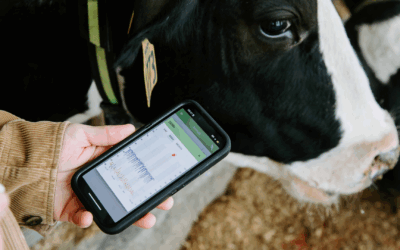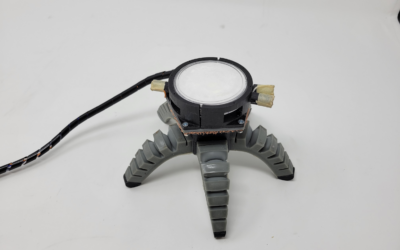Cornell University has been awarded a portion of a $2 million planning initiative from the U.S. National Science Foundation to establish AI4Ag, a national testbed for artificial intelligence in agriculture.
Cornell AI News
News Category
Filter by Topic
AI can write your college essay, but it won’t sound like you
Students who plan to use ChatGPT to write their college admissions essays should think twice: Artificial intelligence tools write highly generic personal narratives, even when prompted to write from the perspective of someone with a certain race or gender.
Empire AI: Cornell call for compute resource proposals
Empire AI is now soliciting proposals from Cornell faculty and researchers to use the extended “Alpha” machine with 144 H100 GPUs, as well as the new “Beta” machine that is expected to come online in December.
Securing America’s AI Future: Cornell faculty offer recommendations for White House’s AI Action Plan
The US has led AI innovation; however, global competition, is rising. In response to a call from the White House regarding the future of Artificial Intelligence, faculty from the Cornell Ann S. Bowers College of Computing and Information Science and Cornell Tech...
Pupil size in sleep reveals how memories are sorted and preserved
By studying mice equipped with brain electrodes and tiny eye-tracking cameras, Cornell researchers determined that new memories are being replayed and consolidated when the pupil is contracted during a substage of non-REM sleep.
In American fiction, it’s a small world after all
Despite being unbound by space and time, fictional protagonists in American literature travel fewer miles than their nonfiction counterparts, according to a Cornell-led research team that used artificial intelligence to analyze nearly 13,500 books from the last 230 years.
Xiaoying Gan ’25: Using data to transform the future of food
Xiaoying Gan ’25, a biometry and statistics and plant science double major, is using her Cornell Bowers education to improve agriculture and tackle food insecurity—advancing humanity and society through tech.
Biohybrid robots controlled by electrical impulses — in mushrooms
Cornell researchers discovered a new way of controlling biohybrid robots that can react to their environment better than their purely synthetic counterparts: harnessing fungal mycelia’s innate electrical signals.








